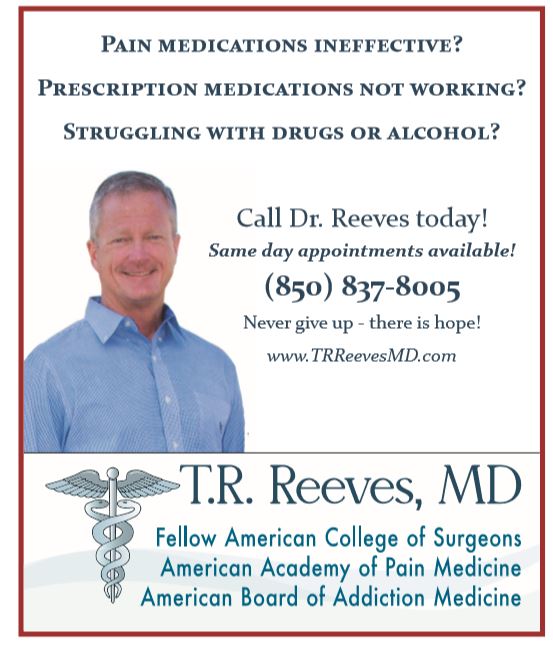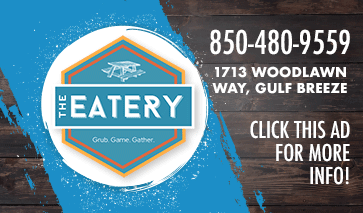
These are frequent questions I get. There are many more. If you have specific questions you would like me to answer here, please send them to office@trreevesmd.com and we will try to answer them. If you have specific issues to address, we can help.
What is “Addiction”?
Alcohol and drugs serve a purpose, perhaps a larger purpose for some than for others. They are used to heighten senses, relax, remove inhibitions or just make fun more fun. Some people use seeking relief from physical or emotional troubles. Whatever their reason, people who do this are finding shortcuts to relief from something. For those with dependence or addiction, this shortcut becomes necessary for relief. The relief provided from a substance has such a profound effect on their brain that it is remembered or learned by the same part of the brain where instinct learns to drink water or breathe.
Who becomes an addict? If I am careful will it happen to me?
Despite the stigma of addiction, it does not happen just because of a moral or mental weakness. There are various genetic and environmental factors that can make some people more likely to have a problem than others. None of these factors make an addict, rather they give a susceptibility, like being susceptible to diabetes or certain infections. Of course there is a range of susceptibility. It happens to some with a single use or single prescription. Anyone can become an addict with repeated use or misuse over time, but some are more susceptible than others no matter what.
Addiction is at some point a choice, why don’t people just choose to stop, especially after bad things happen?
I hear this sincere question very often, usually asked with some degree of exasperation. Where does choice come from? The brain of course. It is learned responses or preferences based on past experiences, and this learning begins at birth. We learn how to get basic needs met, and we learn exactly what fixes our basic needs. For example, once we learn what “thirsty” means and how to fix it, it is programmed into our instinct brain. It is impossible to decide to not be thirsty. The exact same area of the brain that has learned to need water can learn to need the thing we are dependent on, and with the same power as thirst felt by a person lost in the desert for days. Negative consequences do not make it go away.





































